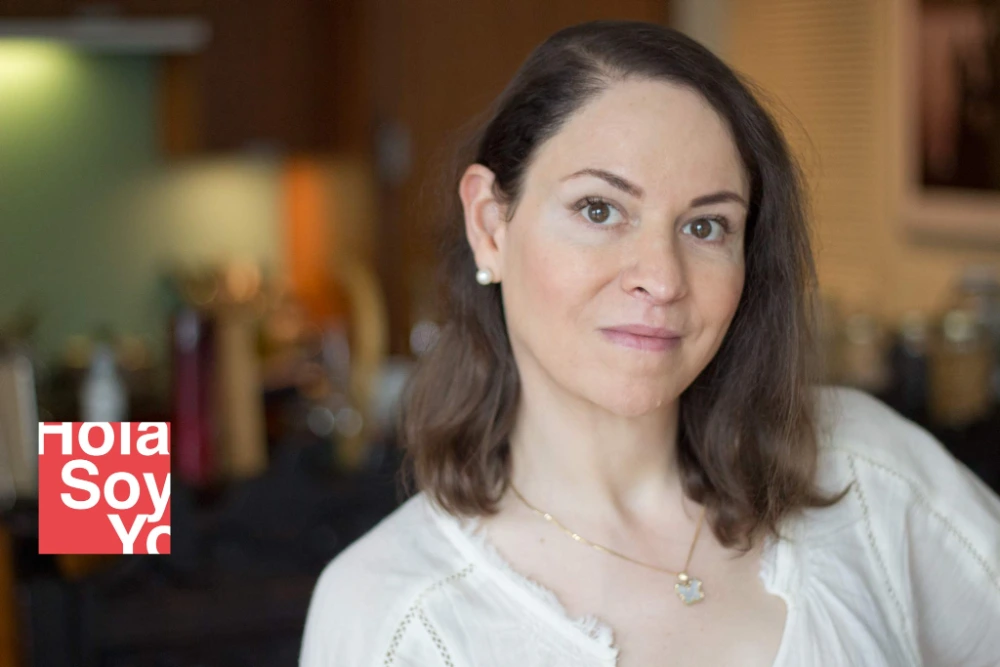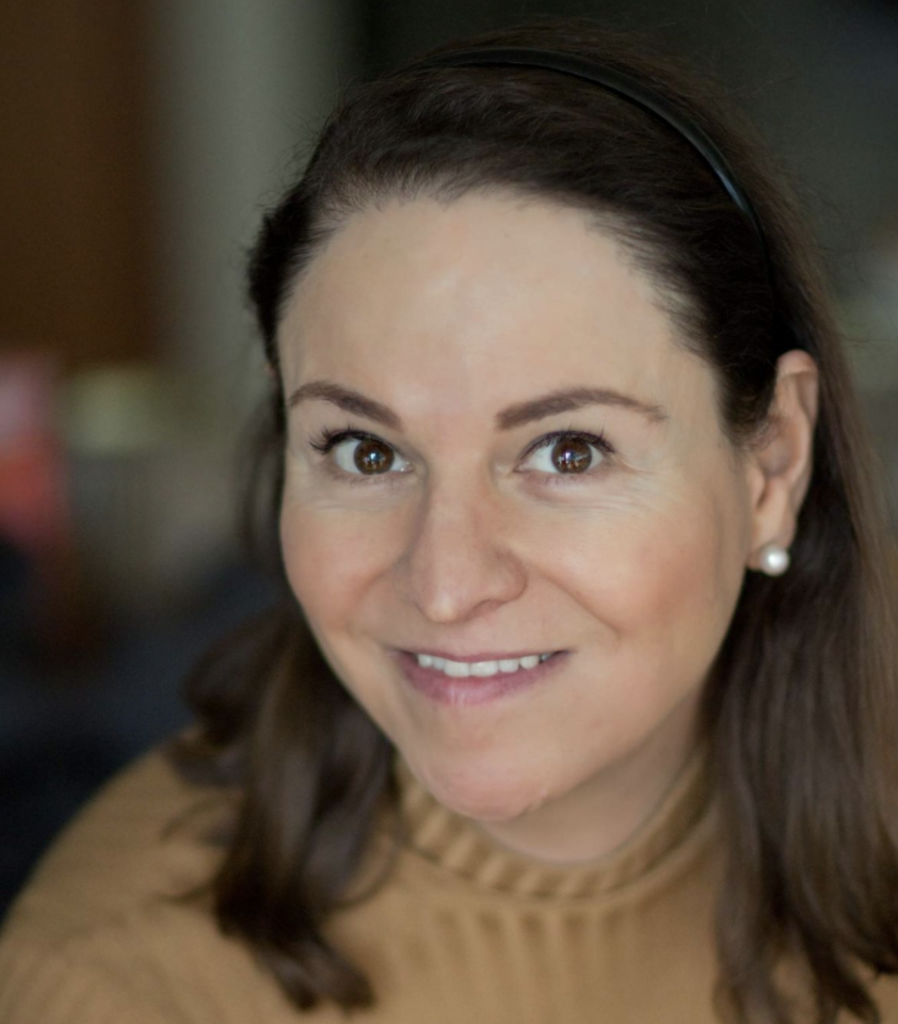FFS Changed My Life…and didn’t, Looking Back 5 Years Later

October 2021 marked 5 years since my facial feminization surgery. So I took some time to look back on my life since.
Like most everything, the answer is more complex than it appears at first. My square/technical mind wants to describe the physical changes, like how my chin became narrower, but that’s not really the point. Rather I’ll dive into how facial gender affirming surgery changed my life…and didn’t.
How Did FFS Change Me?
I’m going to start at the end, with my conclusion, and then go back and explain.
The most straightforward answer is that facial gender affirming surgery did not directly change me beyond the obvious physical adjustments. I’m the same person but with a few millimetric facial differences. Yet it affected so many other external aspects which, slowly and indirectly, meant facial feminization changed my life.
Having said that however, FFS did not change ME.
When I started hormone therapy, I knew and agreed with myself that I would get facial gender affirming surgery. My face wasn’t overly masculine and I never felt like many people with gender dysphoria but I still saw in the mirror a masculine face. The objective I had with facial gender surgery was a “softer face”. Becoming cis-assumed was my larger objective with HRT, gender confirming surgeries and changing my overall gender expression.
I acknowledge that after facial gender affirming surgery I now have a more feminine and softer face, so I achieved my objective. Yet, still to this day I see a masculine face looking back at me in the mirror on a regular basis.
It’s not that my face is masculine anymore, but rather that I sometimes perceive myself that way.
This is one of the many contradictions in my life. I partially justify this because I see myself in the mirror every day and I didn’t notice the slow changes I went through. Recovery from facial feminization surgery is a slow process.
Yes, waking up from surgery, as typical of other transgender patients, I looked very different. I was swollen and with bandages. The swelling and bruising got worse the first few days and then started to go away. Then my face went through a slow process of settling down over many months after.
Seeing these slow changes every day made it hard to actually notice how much my face changed. Without noticing the difference it’s somewhat similar to looking at the same old face before FFS. Even today, it’s not until I see an old photo of me side by side to a current photo that the physical changes really stand out to me.
What didn’t Change after FFS
To give you some context, I had facial gender affirming surgery as a middle-aged person, about a year after I started HRT and approximately 6 months after I went full time. This means that I’ve lived with the results of my surgery pretty much from the beginning of changing my gender expression.
I bring this up because everyone follows a different and unique path. Some people transition at a younger or an older age than me. Some others transition and then have facial gender surgeries a number of years after living full time. Others may have FFS first and transition later or not even transition. Some have anxiety depression or mental health concerns-
For the most part, however ironic, facial feminization didn’t change the internal sense of how I perceived my sex and gender. Hence my earlier comment about sometimes seeing my old face. Of course there are a number of very subtle physical changes that add up to that softer face I was seeking. The physical changes and a softer face have had a positive impact on how others perceive me.
4 Ways FFS has changed my Life
In effect, FFS has permitted me reach my ultimate objective of becoming cis-assumed.
I believe that the way others perceive me after facial gender affirming surgery changed faster than I could process and recognize. Now I know I was being cis-assumed long before I registered it myself.
To be honest, I still find it amusing. I have days when I’m baffled to be treated as a cisgender woman. It’s a weird contradiction because most of the time I do expect to be treated as a cis woman. Let me break it down:
- The Poise
Before FFS, and even today, I sometimes assume people read me as trans. That assumption didn’t inhibit me before FFS. It sort of gave me the confidence that I wasn’t kidding anyone. Later, after surgery, I slowly started noticing that more people were not reading me as trans.
That acknowledgment started to shift my confidence. Still confident when interacting with others, but in a different way. I was poised in both cases, when I was read as trans and now being cis-assumed, but these are 2 very different kinds of confidence.
Let me see if I can explain. Being read as trans, I was confident I was in control. I knew exactly what was going through the minds of people I dealt with.
For example, I knew why a border agent would ask me questions about the discrepancy of how I looked in my old passport to the way I was presenting. They were simply making sure I was the person in the passport. It was never an issue for me because I could explain perfectly that I’m trans. There’s nothing wrong or illegal about that [in the countries I’ve been in the last 5 years].
The in-between phase of being read as trans and assumed cisgender was more complicated. When I wasn’t sure how I was being perceived I started wondering how much I should disclose. At that point my motto became to assume they knew I’m transgender but act as if they didn’t know.
Now with the confidence that I’m cis-assumed I know I don’t have to explain myself. Now standing in front of anyone I’m confident that I’m not giving away any clue of my background.
- Transfixion
This is a weird one to explain. Earlier I said that facial gender affirming surgery didn’t change me though some of my facial features were tweaked by a few millimeters. Not often, but there are moments that I catch myself staring at the mirror, completely transfixed with the reflection. Just as there are days that I see the old guy’s face, there are other days I simply don’t see it anymore.
It’s a very complex feeling where I see the woman that others perceive but it’s the same person I’ve always been and known. It’s an immensely rewarding and mesmerizing experience when that happens. It’s an example of how FFS has changed my life so much.
That’s when I recognize and acknowledge what others see. I justify this juxtaposition by having lived about 90% of my life to date in a dude’s gender expression. Almost as if I’m still not used to seeing myself the way I am now.
- A Finer Canvas
Specifically with the facial changes now the canvas for makeup and hair is aligned with my objectives of being cis-assumed. The spirit of applying makeup and fixing my hair shifted from hiding or minimizing my old male attributes, to highlighting my facial features. An example was wearing my hair in a way that would hide or distract from my receding hairline. Now, after the hair transplant I often wear my hair tied up.
Another example was that I used contouring to reduce the prominence of my chin and jaw. Though I still use contouring sometimes, it’s not as dramatic as it used to be and I stopped worrying about its effectiveness appearing to reshape my face.
- Safety in Self-Assurance
By not being read as trans, under many circumstances it could be the difference between having a good day and being harassed, even attacked. A stupid example is going to a washroom to pee. Having that confidence that I’m being assumed cisgender* has eliminated any doubt going to the loo. I say it’s a stupid example because going to the toilet should be no issue for anyone, but sadly it still is in way too many places.
Just as above, I put an asterisk next to being cis-assumed thanks greatly to FFS Surgery but also to all the other pieces of my gender presentation puzzle.
A Cautionary Tale
If facial gender affirming surgery didn’t change much how I perceive myself, is there a chance that other people may feel the same? May dysphoria or dysmorphia prevent me from sometimes seeing and acknowledging the change in perception from others.
I am aware of a couple of gorgeous women that often feel they still look masculine. This triggers their gender dysphoria. It’s hard because though this isn’t an issue for me, I perfectly relate to sometimes seeing my old self in the mirror.
For my surgery I decided to forego doing anything to my forehead and orbital rims. I sometimes wonder what kind of impact these would have made. There are times that I ask myself if I should have done them. If I have these questioning thoughts after the fact, there’s a chance others may too.
I still see my small surgical ffs scars. It took me a while to get out of my head and appreciate that others don’t see them. Though I pay attention to my scars regularly they don’t bother me nor affect my confidence. Yet, other patients may be affected more if their expectations are not realistic, feeling disappointment.
I believe it’s important to note that life after FFS doesn’t mean everything is rosy all the time.
I now recognize that others unequivocally perceive me as cisgender. I also think that for those with dysphoria or dysmorphia, facial gender affirming surgery is not a cure. It may help them deal with it, especially when people are happy with their results. In my opinion, those that have realistic expectations from ffs surgery are the ones that benefit the most.
FFS Surgery is a (Big) Part of a Larger Puzzle
It’s not only facial gender affirming surgery that’s given me that poise I mentioned. Although a large part of a puzzle, it is arguably the primary element. Yet that puzzle is made up of a good number of pieces that range from gender affirming surgeries, to smaller details like my choice of wardrobe or how I use long nails.
In the end, the confidence I speak of is all about my presentation and how others see me. It’s a self-feeding cycle that started with physical changes. As I got more confident with my physical presentation I was able to spend more energy paying attention to other changes, like my manners. As these improve, compounded by the bodily reshaping, my general presentation confidence also got better.
It hasn’t been easy or quick. This puzzle is built on the desire to be cis-assumed. It includes the physical changes I’ve made, how I’ve modified how I conduct myself, like my voice and manners, my wardrobe, hair and makeup, as well as the constant observing of how others present themselves.
It’s been a ton of iterative work.
The more I refine these changes, the more confident I become, and then the more normal they are. I visualize this as the slingshot of two gravitational pulls in motion. As my physical changes started spinning with HRT and FFS, their momentum started accelerating how I interacted with others. Then that new force accentuated or refined the physical changes further, generating another stronger boomerang cycle.
Conclusion
In my personal experience, facial gender affirming surgery certainly changed how people perceive me, but not the real me. Though I believe facial gender affirming surgery is the most important reshuffling I made to my gender presentation, it was one of many. That change in perception had such a positive impact on my confidence, which hence affected my presentation as a woman.
I know I have a more feminine face, that people assume I’m a cis woman, and I that I’m more confident. The oxymoron is that I sometimes see the old person in the mirror. I’m now content acknowledging that both perspectives coexist and are true at the same time.
It’s an incredibly complex yet rewarding cycle knowing that the same old person is not perceived the old way anymore. FFS has radically changed my life, now I have the confidence to move forward with what I’ve dreamt of all my life.
June 2022 – Addendum 6 months after writing this blog:
“Some of my perspectives have changed in the last few months since this was written, which is pretty amazing. For example, now I have a harder time remembering what it was like to look the old way. It feels like my presentation has been the way it is for most of my life.”


